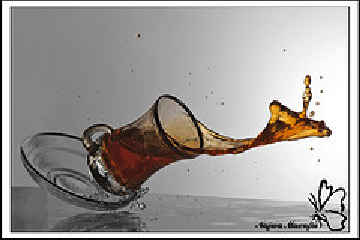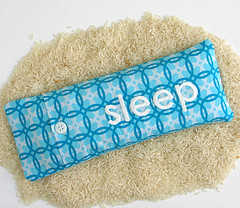If you are one of those people who continually experience difficulties sleeping, yet cannot or will not take sleeping pills, your best option is to use herbal teas. Synthetic sleeping drugs sometimes induce addiction and other undesirable results, especially for individuals with allergies or other body disorders – Herbal teas very seldom do. Quite often the simple cessation of tea taking or modifying the ingredients are enough to treat any unwanted effects. So herbal teas are really safe, and many people say, very effective.
Actually, these teas do not make you sleep; they only make you calm and relaxed so you can go to sleep easier and quicker without too much fuss, and sleep better because of it. For instance, chamomile (Chamaemelum nobile) reduces the effects of stress like headache and indigestion. While the latter may not be truly painful, it can interfere with the body’s readiness to sleep. Chamomile is also a pain-reliever and antiseptic. Other teas help you to calm down, lessen anxiety as well as depression, so you fall asleep more easily. Catnip does this, also lemon balm, hops, and bergamot, to name a few others.
One popular herb to help in sleeping and as remedy for insomnia is the Valerian (Valeriana officinalis). It relaxes the body and induces sleep, at the same time eases spasms, eases digestion and blood pressure. Thus it is good for insomniacs, especially those suffering from cramps, tension, anxiety, menstrual pain or excitability. It can tremendously help people who are poor sleepers, or who sleep irregularly. Valerian is widely recognized as a sedative herb and an anti- hypertensive remedy.
However, because it is a mild depressant acting on the central nervous system it must not be used continuously. Be careful of the recommended dosage.
Another herbal tea effective for insomnia is that derived from the Passionflower (Passiflora incarnata). Used by Aztecs of long ago as an analgesic and sedative, passionflower calms the person and promotes sleep, it is a pain reliever, and controls muscle spasms. It is most advised for insomniacs, asthmatic insomniacs, for cramps, nerve pains and hysteria. Its active substance is harmine, otherwise known as telepathine since it induces mild euphoria and a contemplative feeling, and found use as ‘truth serum’ in World War II.
To quiet disturbed feelings, anxiety, excitement and restlessness, the Californian poppy (Eschcholtzia california), Jamaica dogwood (Piscidia piscipula), hops (Humulus lupulus), St. John’s wort (Hypericum perforatum) and skullcap (Scutellaria lateriflora) may be the answers. They can ease nervous feelings, hysteria, stress, pain due to various causes in the internal parts of the body, and depression. As such they can help you go to sleep and sleep better.
Being herbal, the effects of taking herbal teas are not instantaneous like those of conventional sleep medications. Some, like valerian, are most effective only after two weeks of nightly use. Others may give largely unfelt or unnoticeable results, since they can take effect rather gradually.   You may only note the positive results only after sometime of use, and then you can go to sleep happy about it.
This post is by Ben from Hambleden Herbs, a supplier of herbal teas and other organic teas and infusions.




Leave a Reply